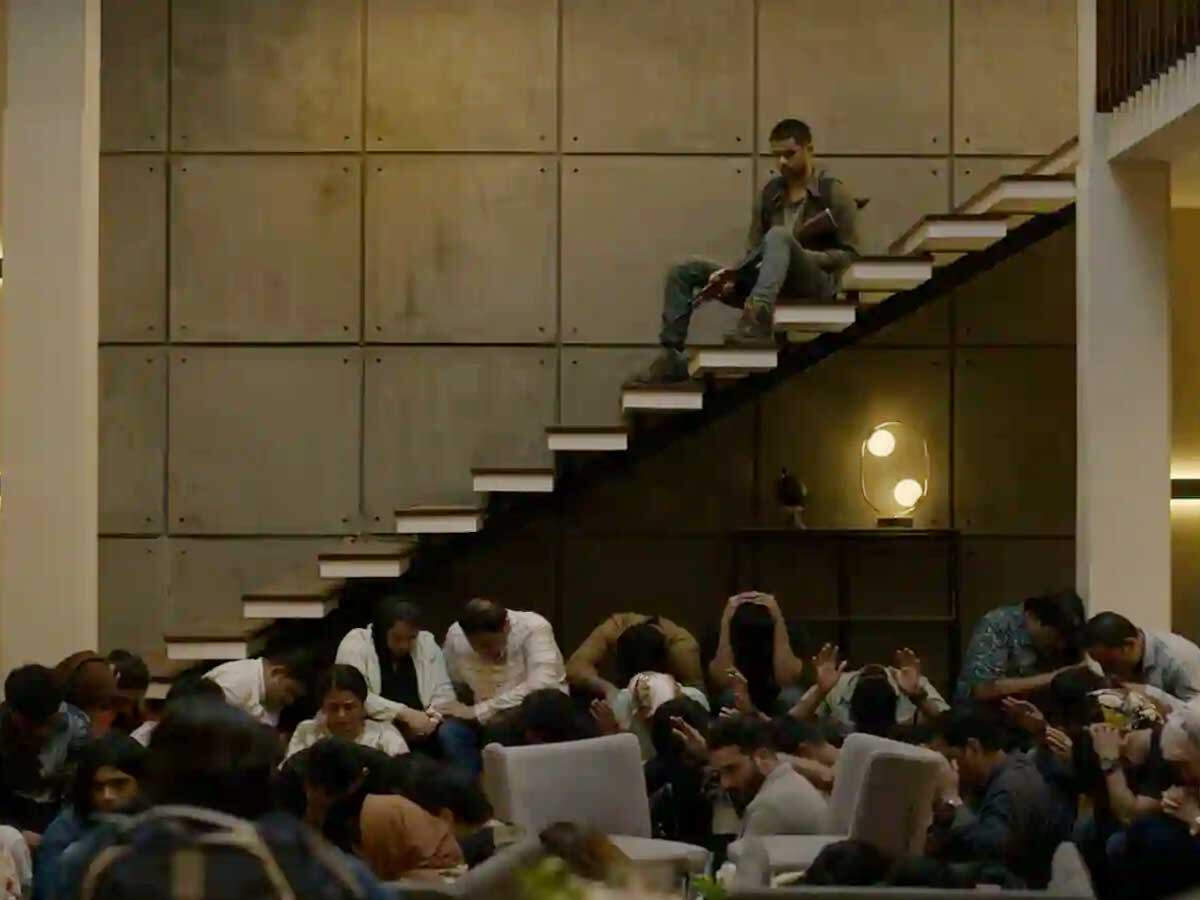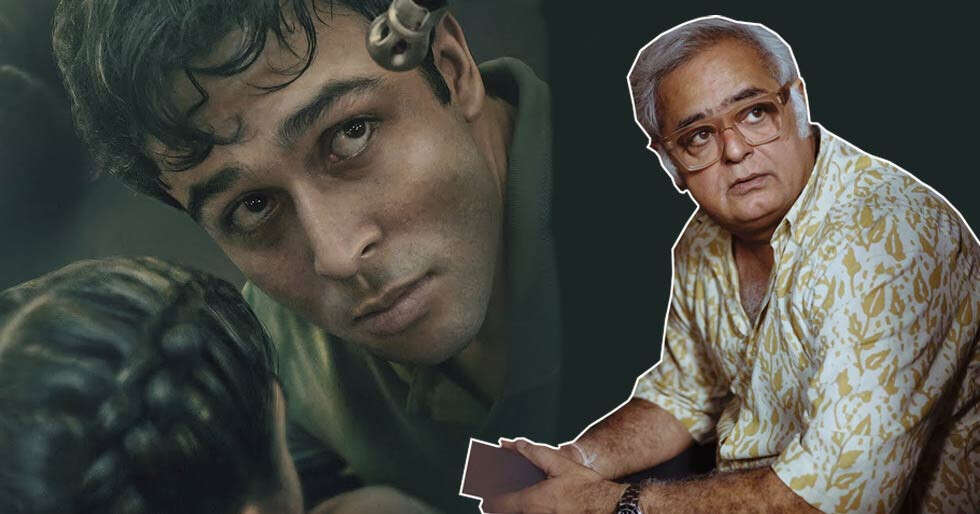Box office numbers are just that – numbers to Hansal Mehta. The director, best known for Scam 1992: The Harshad Mehta Story, wants to tell the type of stories that will perhaps get lost over time but shouldn’t. In his latest film Faraaz, he chronicles the events of one night at the Holey Artisan Cafe in Dhaka where a shocking terrorist attack took place. Starring Shashi Kapoor’s grandson Zahan Kapoor, Paresh Rawal’s son Aditya Rawal, Juhi Babar and others, the action thriller film sheds light on the July 2016 Dhaka attack. Hansal Mehta has dabbled into socio-political films with Omerta and Shahid but Faraaz was a unique challenge. The cast and crew had to bring a horrific chapter in history to life on the big screen and they only took 23 days to shoot the whole thing.
In an exclusive interview with Filmfare, Mehta opens up about his latest film, the art of generating a tense atmosphere with little to no dialogues and never underestimating the audience.“I think there are multiple conversations that the film can provoke. Of course there’s the conversation about using religion as a means to justify violence,” says the director. “It disturbs me that religion is still used as a means to deride people and that we still connect terrorism to religion. That’s the main conversation we should have.”
Faraaz takes on some relevant themes and Hansal Mehta hopes it sparks enough discussions, “More than anything, I wanted audiences to see a film where they discover everyone. There’s narrative style – I’ve tried to craft the film in a way in which you make it almost like a biopic. You get to know the characters through the course of this one night. Through that one tense night, you understand the protagonist and antagonist of the film and you build a sketch of these characters in your mind. And you talk about them and you find out more about them,” he says.
For a film that goes heavy on action, Faraaz is oddly “intimate” , says Hansal, as he talks about his choice of incorporating stillness to make it an immersive experience. He explains, “In Scam 1992, I worked with this young cinematographer called Pratham Mehta for the first time. Ever since then, we’ve been working frequently together and he in many ways has become the pulsating heart of your work. He along with my sound designer has been a frequent collaborator. So he creates this ominous atmosphere in the film. It’s their work that keeps you engaged and immersed during the happenings of the tense night.”
We wonder if he was worried about playing the tricky ‘good Muslim, bad Muslim’ card. The director explains he wanted to tell a character-driven story free of any judgement. “I don’t think about all these things. If a character or the story appeals to me or moves me in a particular way that makes me lose my sleep. Then I don’t think about these things. I try to tell the story with honesty and without judgement. That’s key to me. And I never underestimate the audience. I believe that when they come to watch my films they will also participate in the process of watching the film and understanding what it’s trying to say.”
The film is led by two young actors – Zahan Kapoor who plays Faraaz and Aditya Rawal who plays Nibras, one of the terrorists. Talking about the experience of directing them, Mehta narrates, “They are very bright boys. They are thinking actors. They were loaded with questions. They are young minds with very strong value systems and this dedication to the craft. And as a director, that’s what you want. They surrendered completely to the characters. That’s all I told them when we’re shooting, just surrender to the moment. We had a slightly long process that was intended to just make them comfortable. We had initially decided that the film would be shot in a very short span of time. We made the film in 23 days. For that, we would have to be mentally ready on set. I also go on set and improvise and for that, you need to be prepared. And these boys did that. They were just fantastic.”
He further adds, “With every film and with every set of actors you have to invent a process that makes it easy for you to work on set and execute the film through the vision. My only note to everyone was to stay with the situation. I told them to be in the moment and think that they’re in a real cafe. React to every situation and don’t just let it go by.”

Apart from its short filming schedule, the other challenge Faraaz was the subject of litigation as two of the victims’ families objected to the film’s release. Opening up about the long litigation, Mehta recalls, “It was a tough journey and it was difficult but the law has prevailed. We’ve managed to sail through. While filming for this we’ve been through multiple lockdowns, and a long litigation and after battling all that we have emerged stronger from him.” When asked if box office numbers weigh on his mind, he asserts, “I have never been in that race. I don’t make films for the weekend and I don’t want to be in that zone. I want to make a film that will be remembered, a film that will chronicle our times.”
“I wanted to make a film that will be a record of our times through the characters that I’m inventing. Otherwise, characters like Shahid and Faraaz will be forgotten chapters of our history. We wouldn’t look back because they would be lost in the jingoism of the bigger and noisier people. The loudest voice will always be that which will be recorded in our history. And I see myself telling stories that will be lost over the course of time. And I make films for that. But hopefully, they will be remembered for a longer time. No film is truly remembered because of box office collections. They are remembered for what they ultimately achieve as a work of art and storytelling.”
“Faraaz is only the beginning,” Hansal Mehta proclaims as he muses on his slate of upcoming films and shows which is a mixed bag between a Kareena Kapoor-led film tentatively titled The Buckingham Murders and the crime biopic series Scoop.
Faraaz is currently in theatres.

